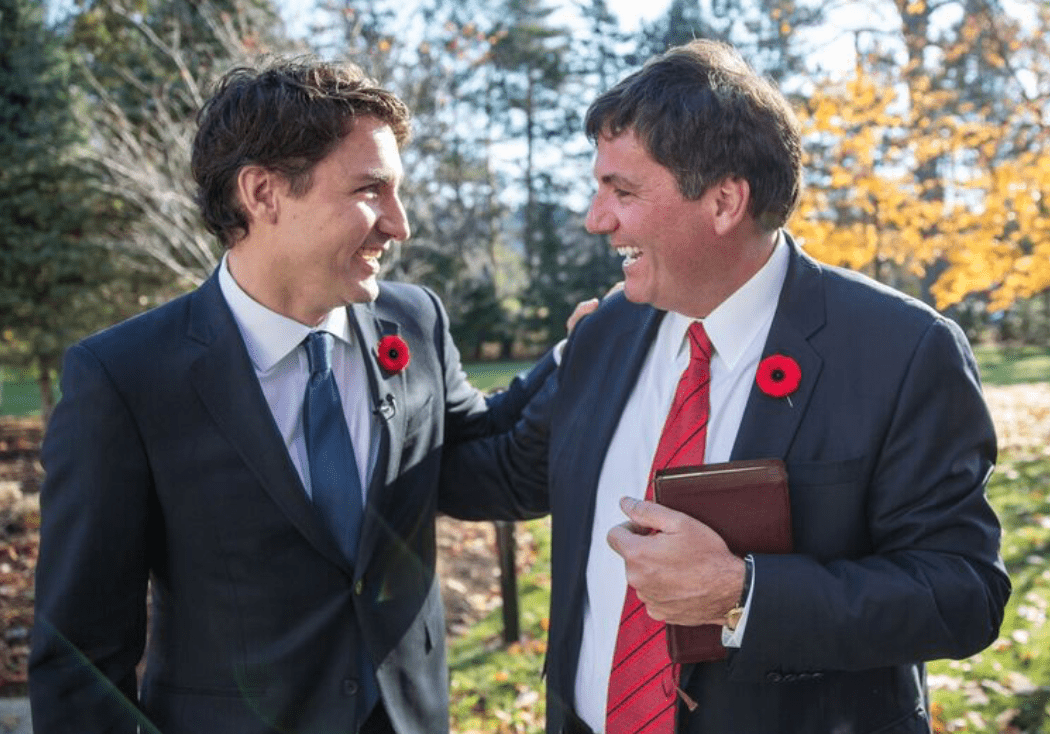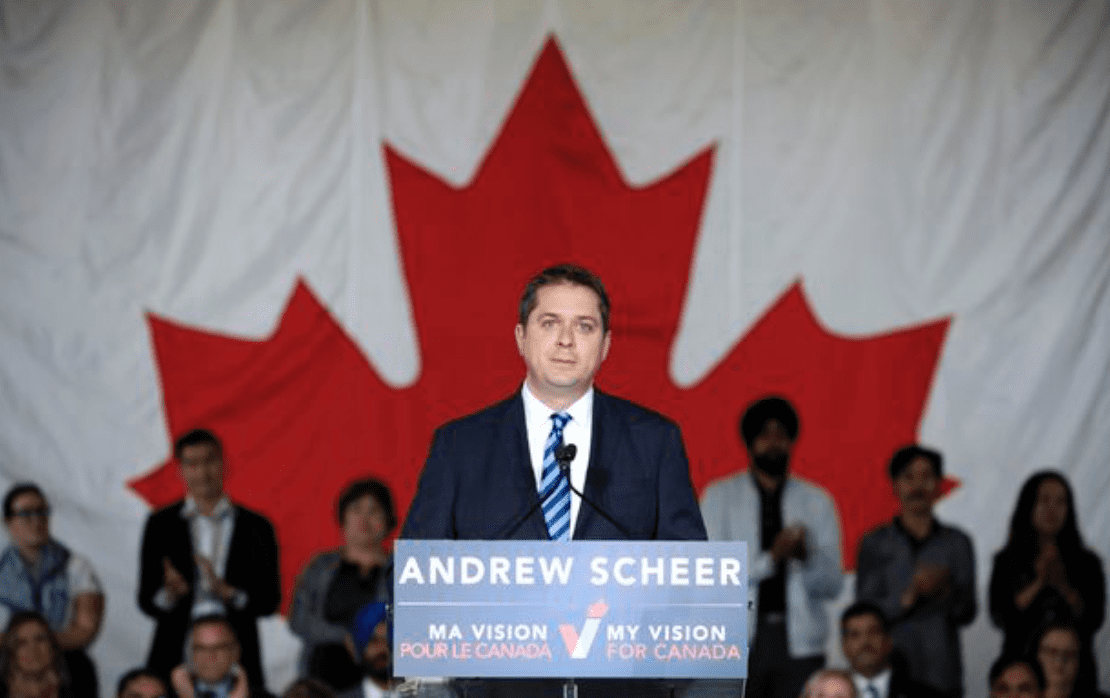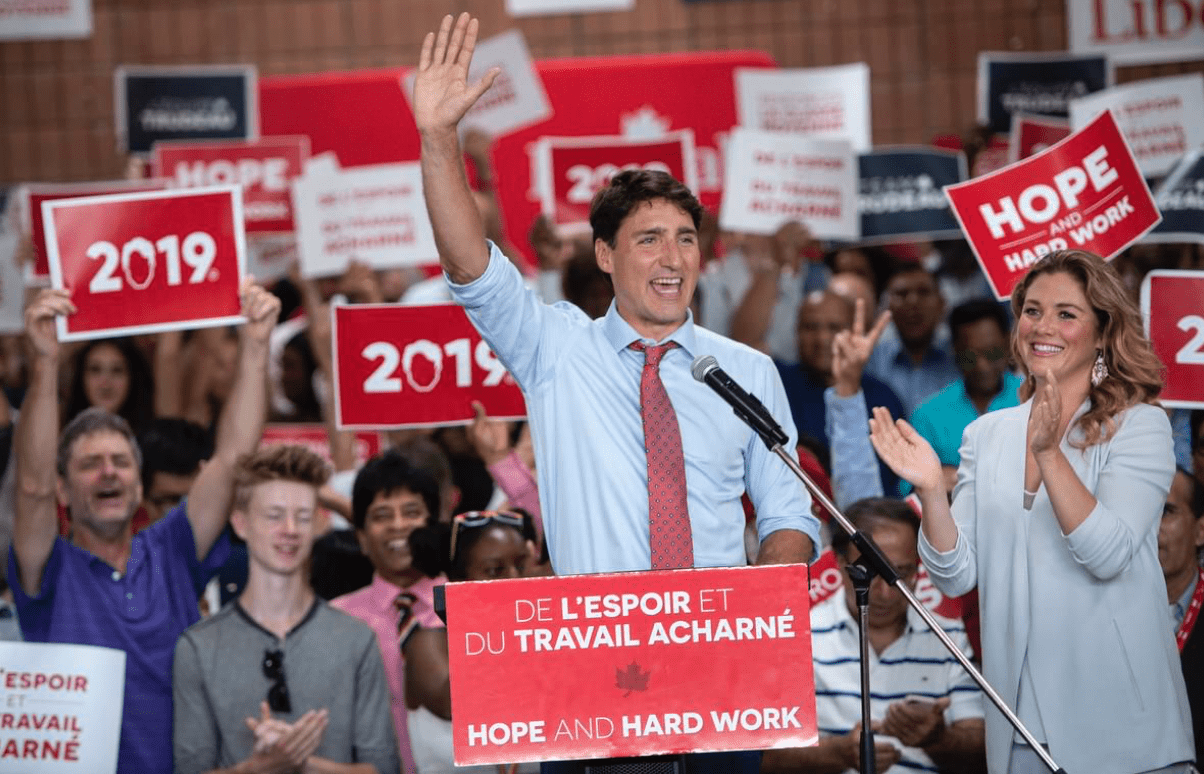It is a little-acknowledged fact of our country's history, but it was the battle over patronage that helped win us Responsible Government in this country. In the 1840s, one of the main political disputes in the colonies was not only whether it was London or the local legislative assemblies that controlled our internal or domestic affairs, but it was most especially whether it was the governor general, sent over from the UK, or whether it was the local politicians, who should be able to exercise the power of appointment when it came to offices in these colonies. It was only after the advent of Responsible Government, starting with Nova Scotia in 1848, and a year later in the Province of Canada, that the parties in power in the local legislature got to dish out patronage. It operated largely on a system with the full awareness that while they would distribute these positions to their friends in the years that they were in power, and their opponents would do the same during the years when they took the reins.
But while this back-and-forth allocation of positions and salaries gave way to an ethos of trying to find meritorious candidates for the roles, and the rise of appointment commissions to delegate some of the authority to, there nevertheless remains at its core a fundamental tenet of Responsible Government that has not changed that the first minister and his or her Cabinet that advises the governor general or lieutenant governor on who it is that should be appointed, and it is they who will be held to account for exercising that advice. It's a system of political accountability with clear lines that ensures that if bad appointments are made, that there is one person who gets to shoulder the blame, and that's the first minister, be it the prime minister or premier.
This particular history lesson is most especially relevant in the past couple of weeks as we have seen both a nepotism scandal in Ontario, and the overblown reporting of federal judicial appointments in New Brunswick and whether those who made the cut were too close to Dominic LeBlanc, the minister of intergovernmental affairs. While there are those who have tried to draw parallels between the stories mostly conservative partisans, sore about the damage that the scandal has inflicted on their brand in Ontario there is almost no comparison between the two separate incidents. Whereas in Ontario, we saw the premier's chief of staff, Dean French, appoint his family members and those associated to him through lacrosse get positions that they held no qualifications for, the judicial appointments in New Brunswick (as they are across the country) went through a rigorous vetting process, not only through the applications screened through the Judicial Advisory Committees, then the minister of justice, and later still with the prime minister's office to ensure that there were no red flags something that should have ensured that there were qualified appointments being made.
There is only one bit of overlap between these two stories in as much as the New Brunswick appointments are a story, given that the "connections" with LeBlanc are tenuous and dubious in all but one case, and in that last case he recused himself from any consideration is that the first ministers in each case are politically accountable for them. Why this matters to Ontario premier Doug Ford is that while he is trying to claim a certain amount of ignorance as to what French was up to, he is ultimately accountable for allowing these appointments to be made, because he was the one advising the lieutenant governor to make them. Likewise, Justin Trudeau is politically accountable for these judicial appointments in New Brunswick, and he has already stated that he believes the "independent, merit-based process" that these names were subjected to did the job, and that they were the qualified candidates.
And let's be real New Brunswick is a small province with a small population and a tight-knit legal community, along with a far more nepotistic provincial political culture it would be particularly hard to find someone who didn't have any kind of connection to a senior political figure in the province like LeBlanc, particularly given how loose of a definition of "connection" that CBC employed to try and make this into a story.
As with any story like this is, it has brought out some of the usual suspects like self-appointed ethics watchdog and vexatious litigant, Duff Conacher, to proclaim that there should be no Cabinet involvement in these kinds of appointments, and that perhaps there should be some kind of all-party vetting system to eliminate the appearance of conflict. The problem with this, if you've been paying attention, is that this renders any kind of accountability for these appointments to be impossible. This accountability is at the heart of our system. Laundering it through an all-party committee or process means that when everyone is accountable, then no one is accountable, and that's fundamentally bad for democracy. Not to mention the fact that the "appearance of conflict" excuse has become so distorted over the past few years that any made-up allegation with no actual basis in reality gets treated overly seriously, and when found to be baseless as they are time and again it just feeds a cycle of outrage that goes nowhere and does nothing but undermine the confidence in the system.
When stories like this emerge, no matter how thin the substance at the heart of it actually is, we need to remind ourselves that Cabinet is involved for the very reason that they can be held to account. Making this a completely technocratic process may feel like it's eliminating conflicts or the appearance thereof, but it simply means that in the end, when bad appointments are made and they inevitably will be there can be no accountability. That's corrosive for our system of government, and nobody should entertain these suggestions seriously.
Photo Credit: CTV News










